The Emperor of Lies
By: Steve Sem-Sandberg
-
Rs 746.25
- Rs 995.00
- 25%
You save Rs 248.75.
Due to constant currency fluctuation, prices are subject to change with or without notice.
In February 1940, the Nazis established what would become the second largest Jewish ghetto in the Polish city of L�dz. Its chosen leader: Mordechai Chaim Rumkowski, a sixty-three-year-old Jewish businessman and orphanage director, and the elusive, authoritarian power sustaining the ghetto's very existence.
From one of Scandinavia's most critically acclaimed and bestselling authors, The Emperor of Lies chronicles the tale of Rumkowski's monarchical rule over a quarter of a million Jews. Driven by a titanic ambition, he sought to transform the ghetto into a productive industrial complex and strove to make it - and himself - indispensable to the Nazi regime. Drawing on the chronicles of life in the L�dz ghetto, Steve Sem-Sandberg captures the full panorama of human resilience, and questions the nature of evil. He asks the most difficult questions: Was Rumkowski a ruthless opportunist, an accessory to the Nazi regime driven by a lust for power? Or was he a pragmatic strategist who managed to save Jewish lives through his collaboration policies?
| Book | |
| What's in the Box? | 1 x The Emperor of Lies |
In February 1940, the Nazis established what would become the second largest Jewish ghetto in the Polish city of L�dz. Its chosen leader: Mordechai Chaim Rumkowski, a sixty-three-year-old Jewish businessman and orphanage director, and the elusive, authoritarian power sustaining the ghetto's very existence.
From one of Scandinavia's most critically acclaimed and bestselling authors, The Emperor of Lies chronicles the tale of Rumkowski's monarchical rule over a quarter of a million Jews. Driven by a titanic ambition, he sought to transform the ghetto into a productive industrial complex and strove to make it - and himself - indispensable to the Nazi regime. Drawing on the chronicles of life in the L�dz ghetto, Steve Sem-Sandberg captures the full panorama of human resilience, and questions the nature of evil. He asks the most difficult questions: Was Rumkowski a ruthless opportunist, an accessory to the Nazi regime driven by a lust for power? Or was he a pragmatic strategist who managed to save Jewish lives through his collaboration policies?
Zubin Mehta: A Musical Journey (An Authorized Biography)
By: VOID - Bakhtiar K. Dadabhoy
Rs 472.50 Rs 1,050.00 Ex Tax :Rs 472.50
Surrounded by Idiots: The Four Types of Human Behaviour
By: Thomas Erikson
Rs 2,236.00 Rs 2,795.00 Ex Tax :Rs 2,236.00
Surrounded by Idiots: The Four Types of Human Behaviour
By: Thomas Erikson
Rs 2,236.00 Rs 2,795.00 Ex Tax :Rs 2,236.00
No recently viewed books available at the moment.
Zubin Mehta: A Musical Journey (An Authorized Biography)
By: VOID - Bakhtiar K. Dadabhoy
Rs 472.50 Rs 1,050.00 Ex Tax :Rs 472.50
Surrounded by Idiots: The Four Types of Human Behaviour
By: Thomas Erikson
Rs 2,236.00 Rs 2,795.00 Ex Tax :Rs 2,236.00











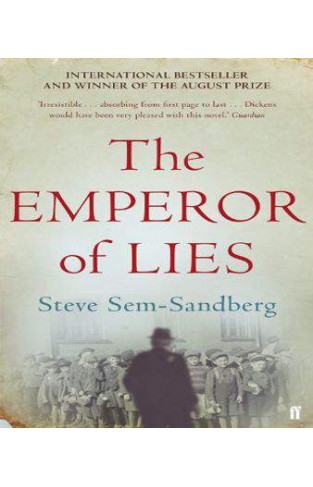
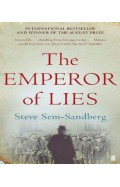
-120x187.jpg?q6)






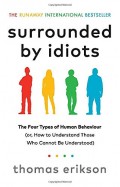
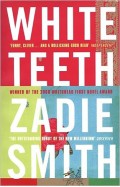

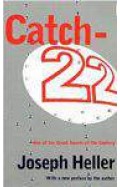

-120x187.jpg?q6)
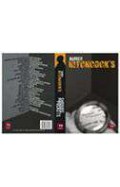

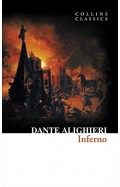
-120x187.jpg?q6)